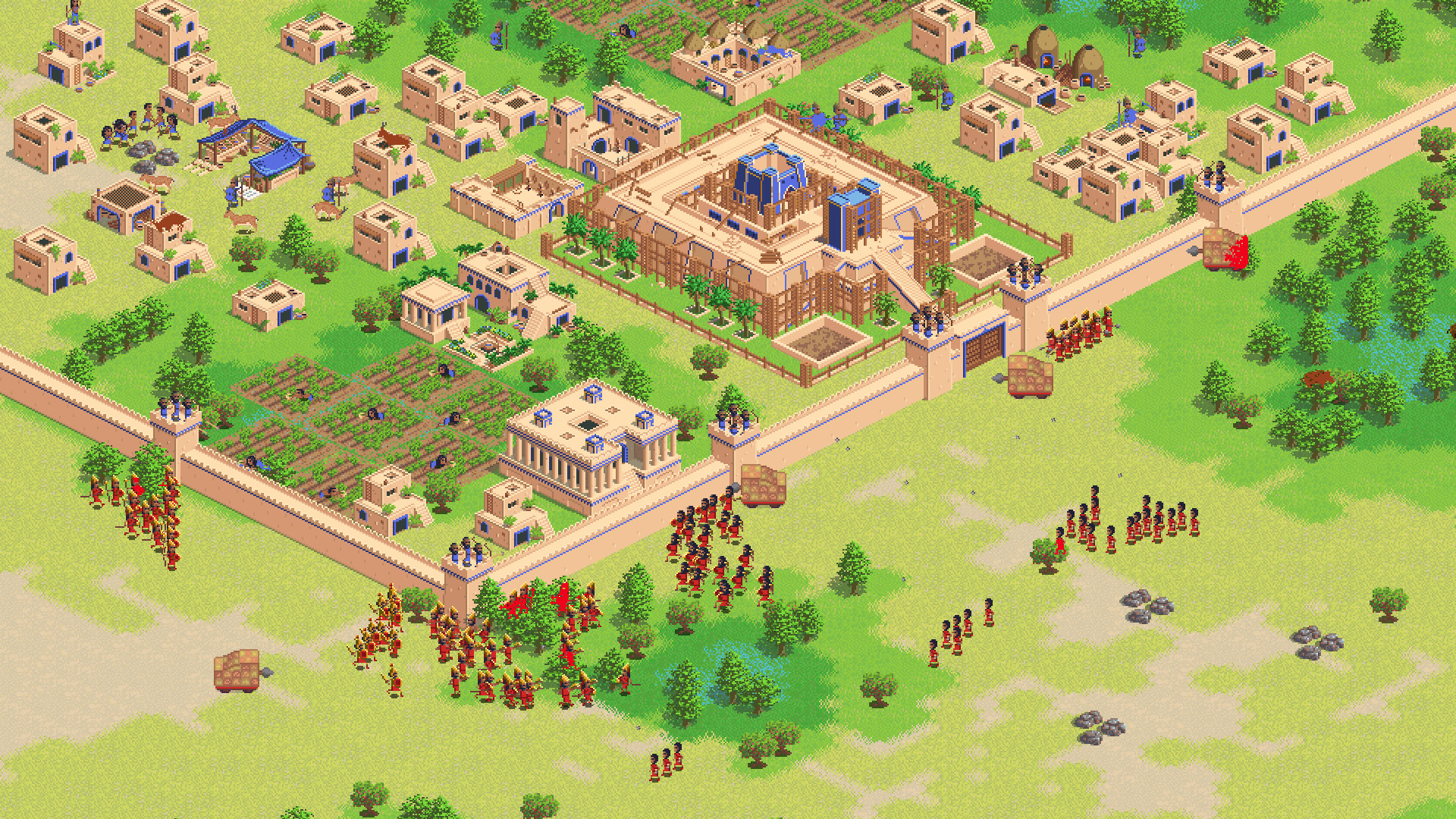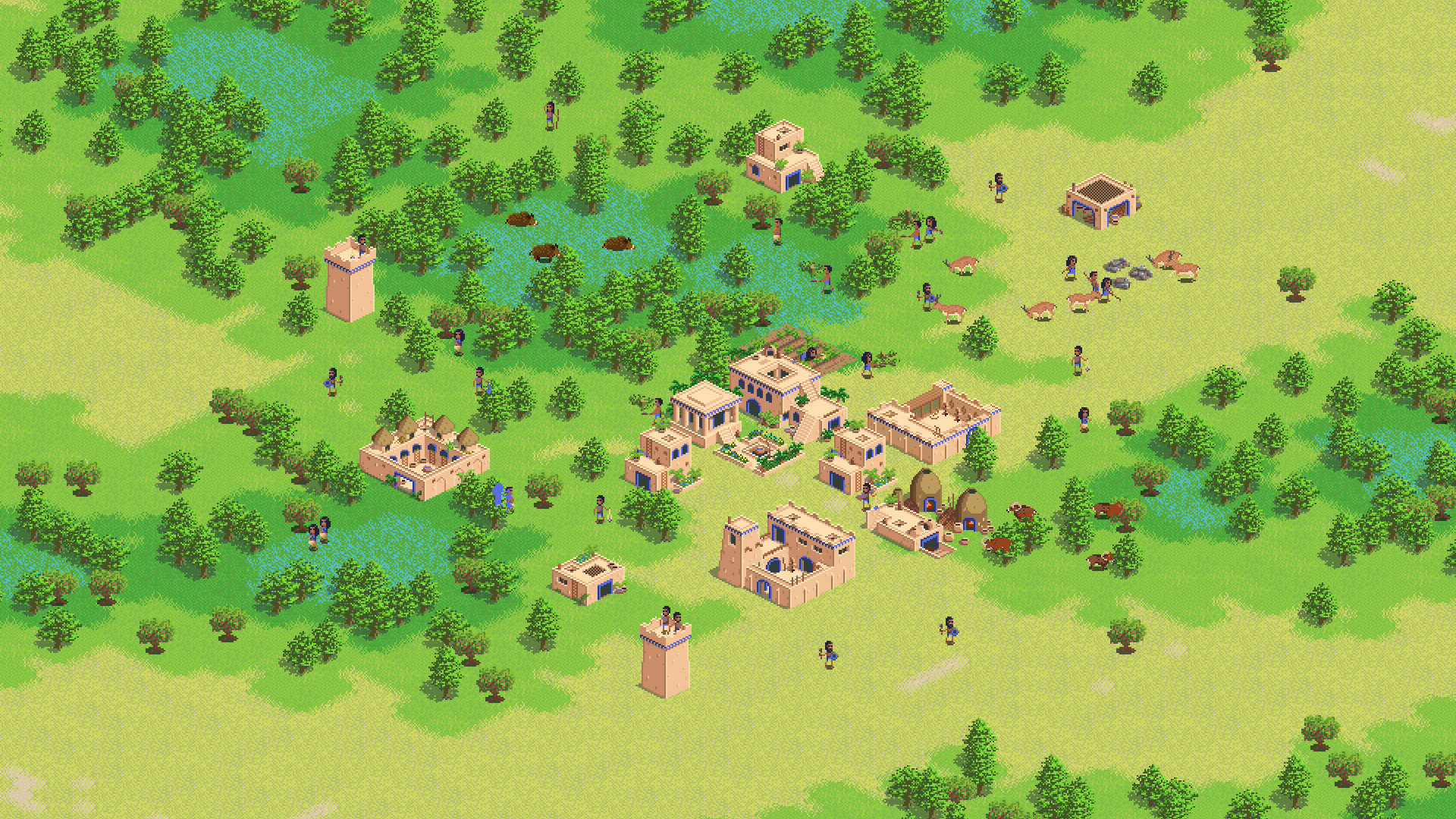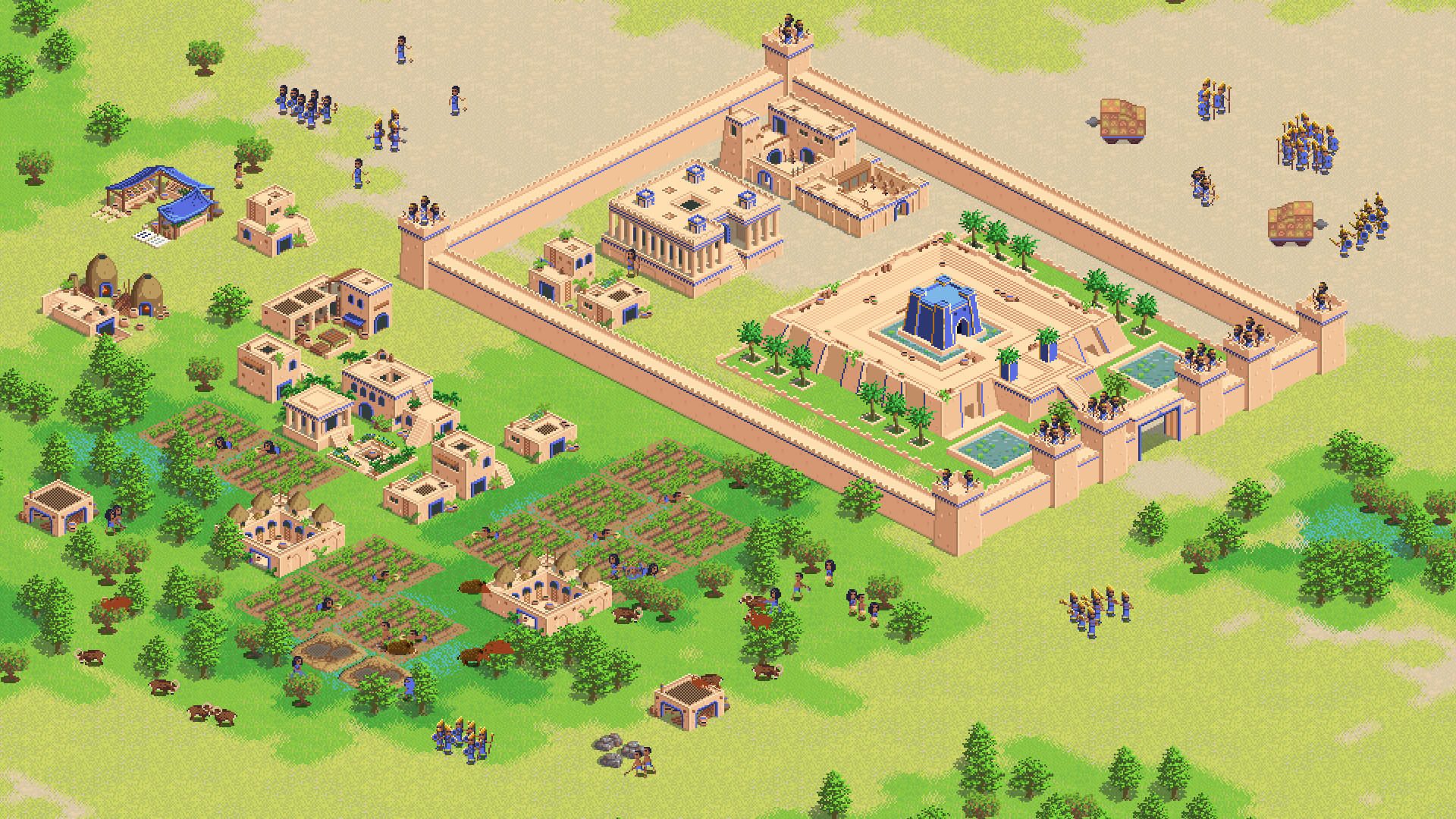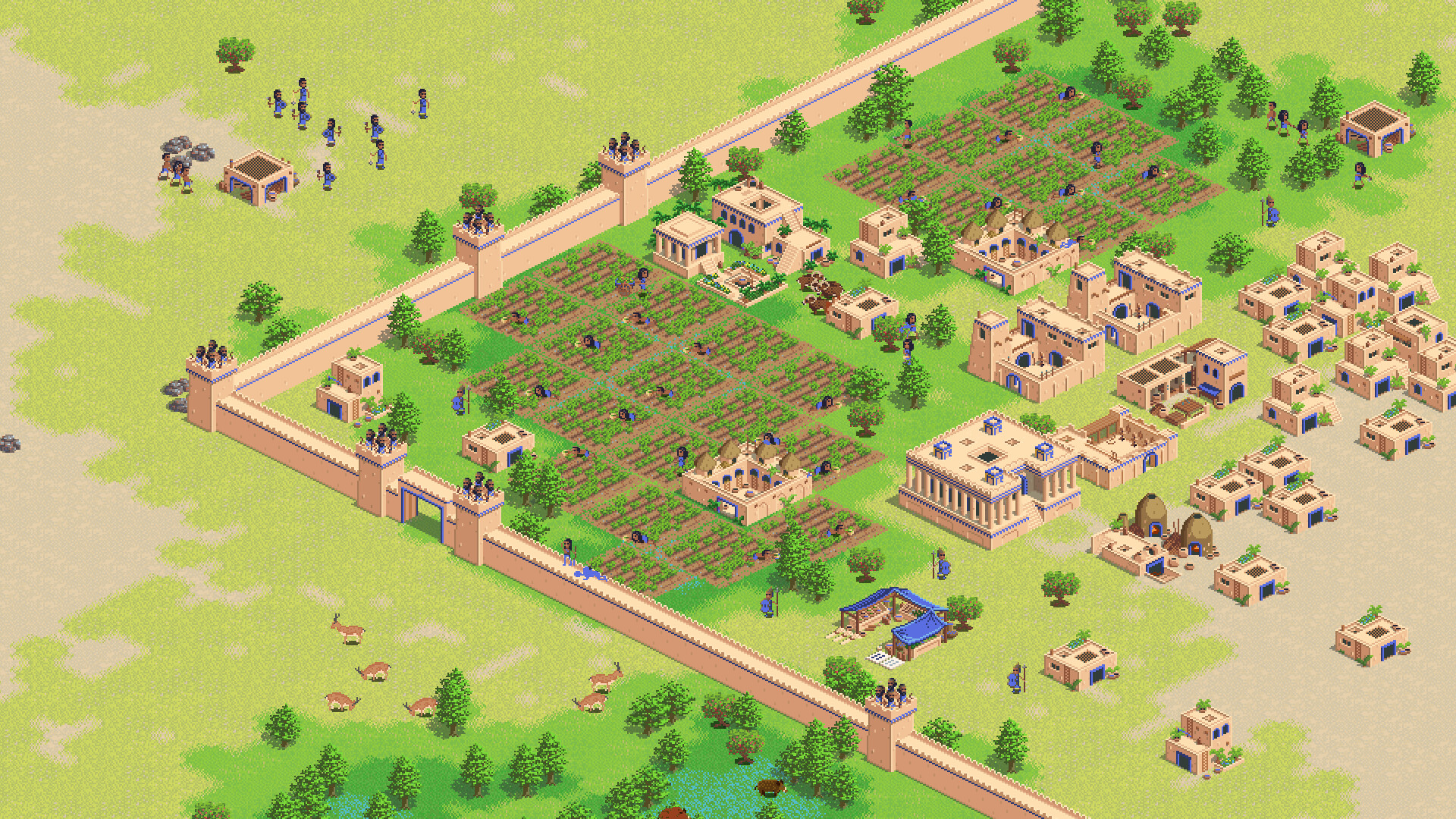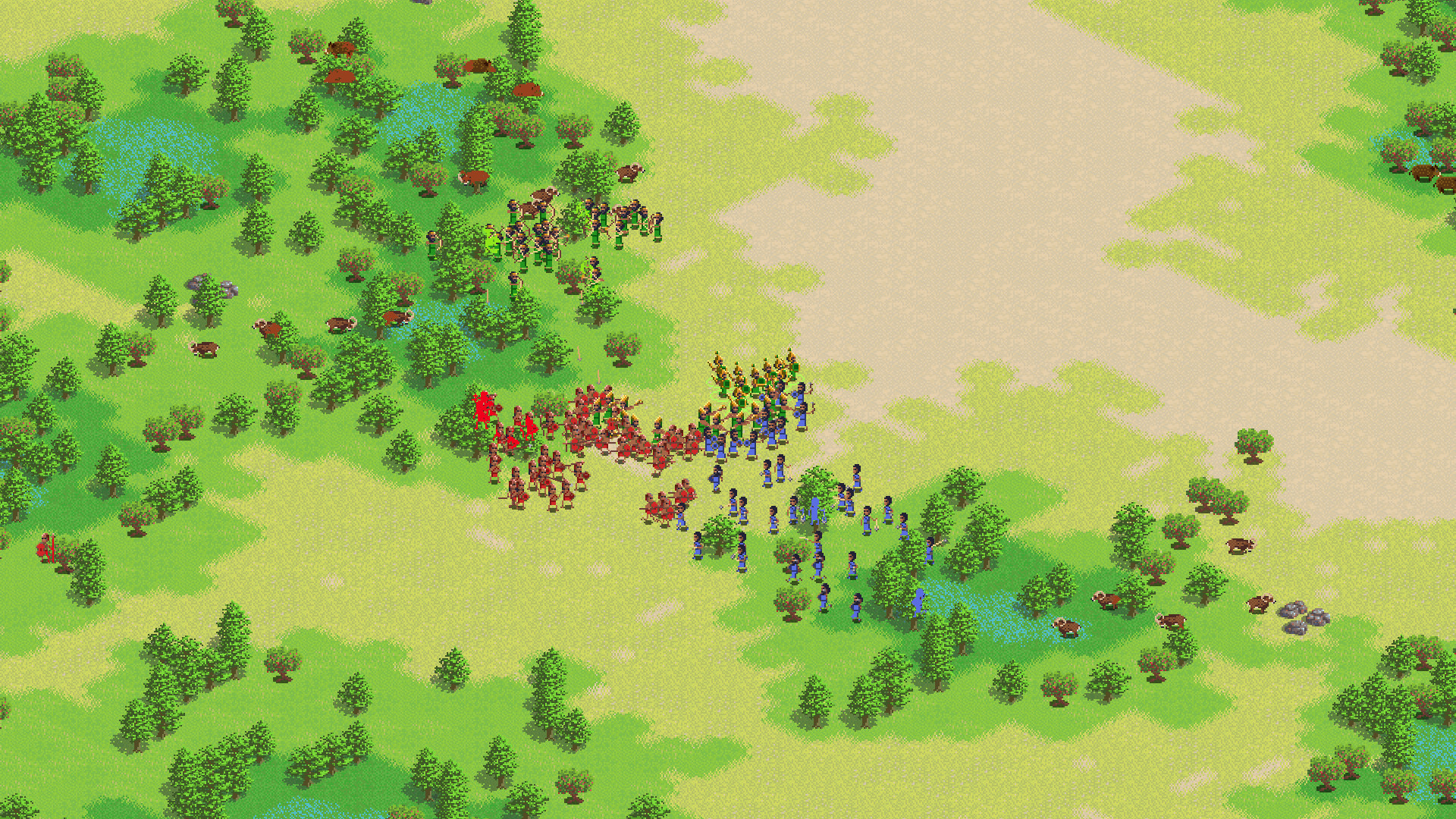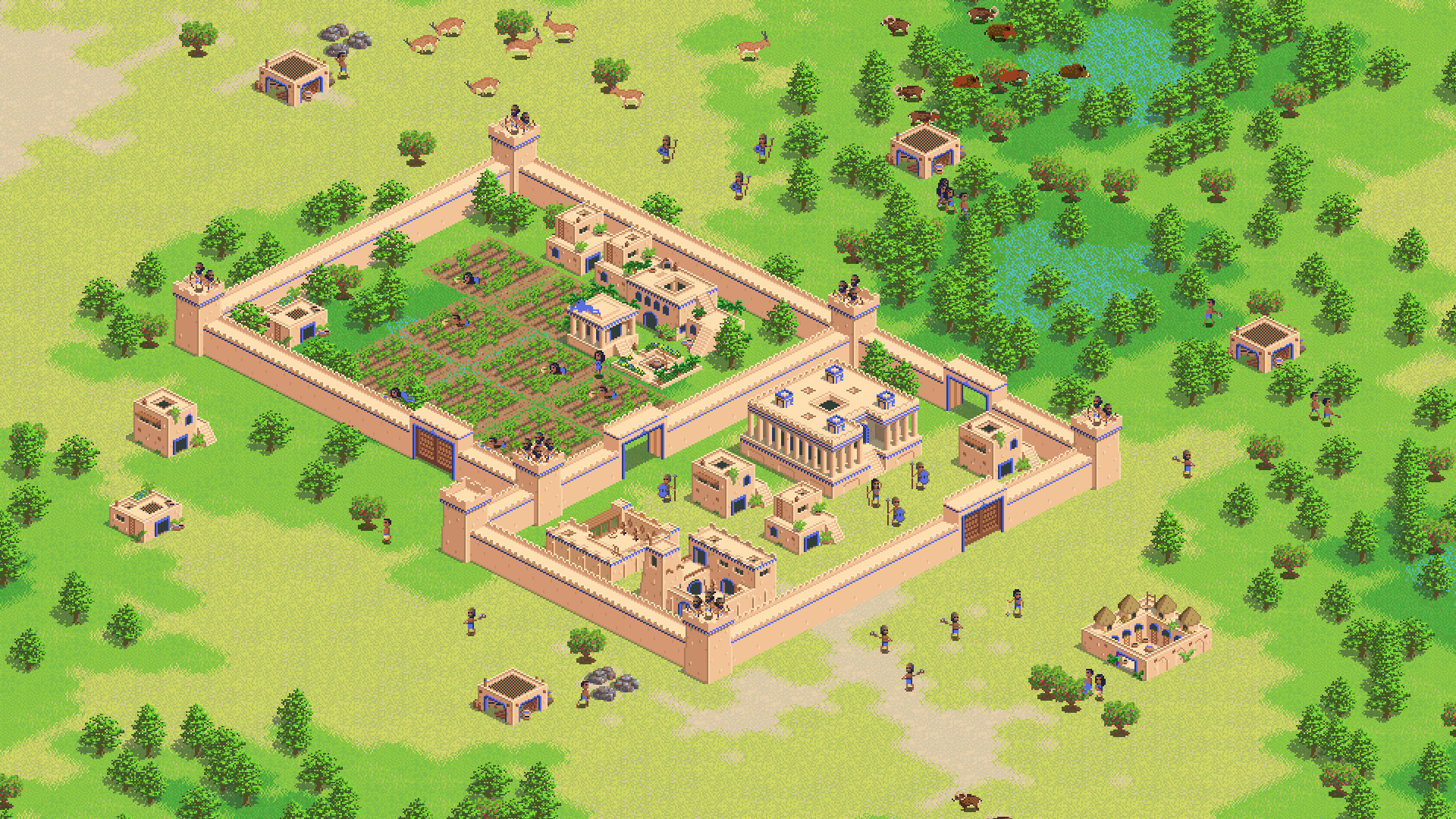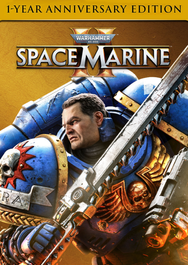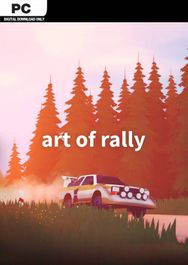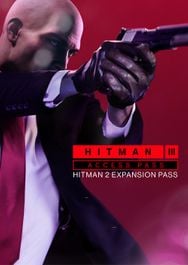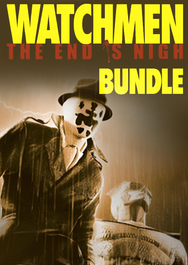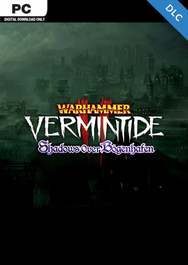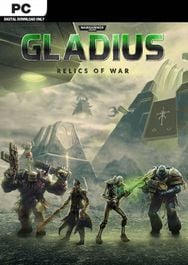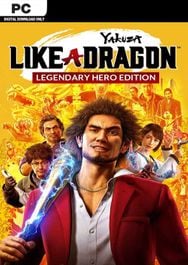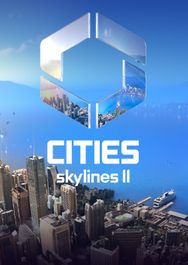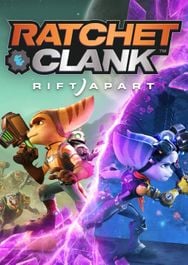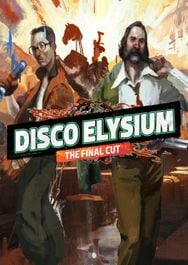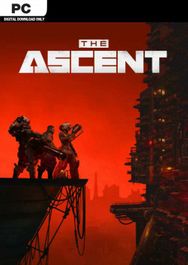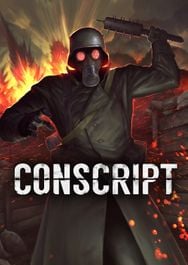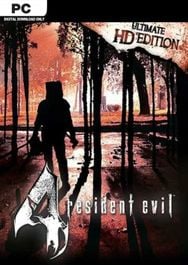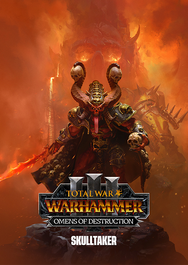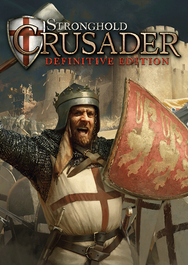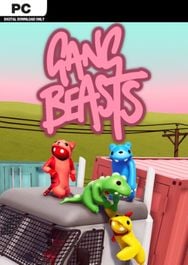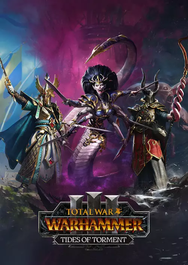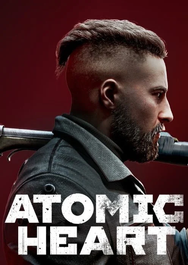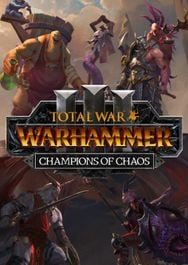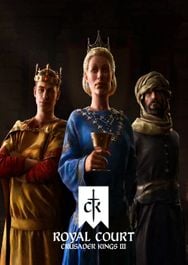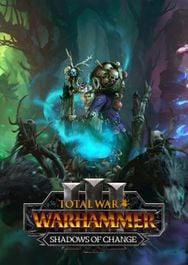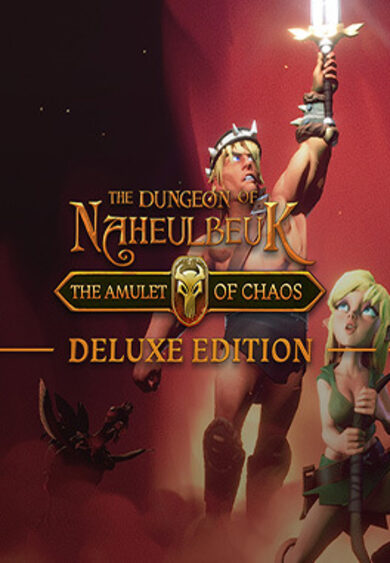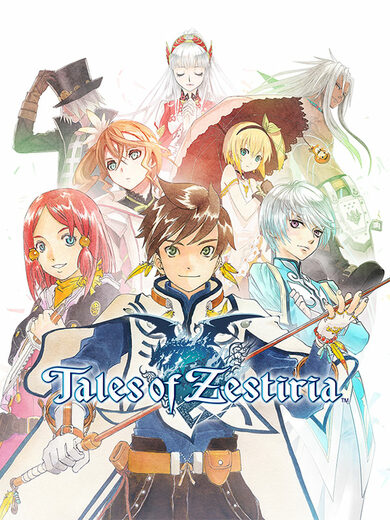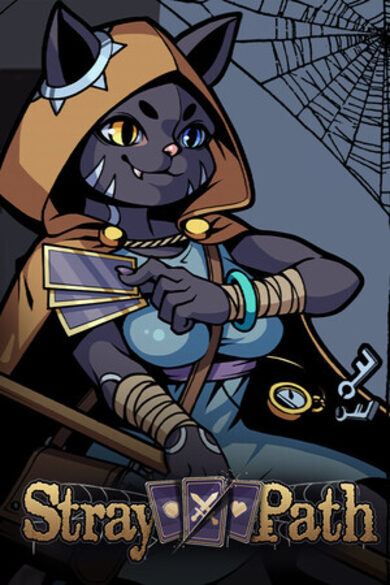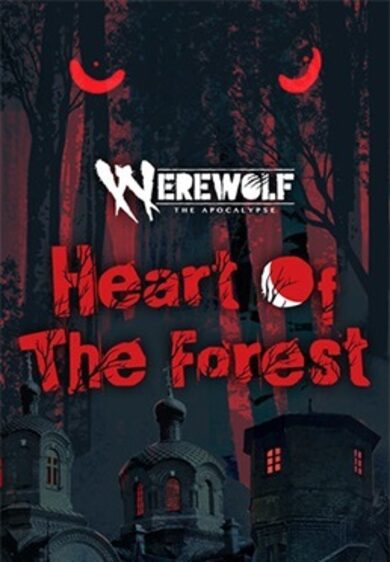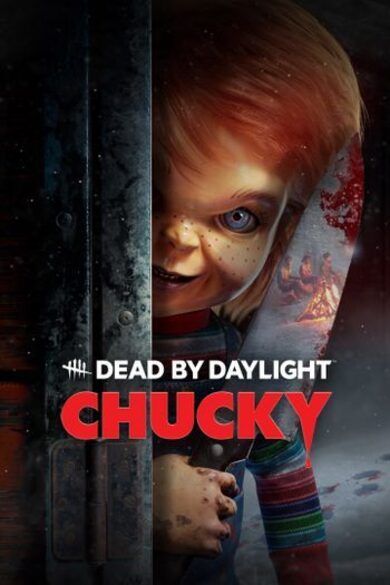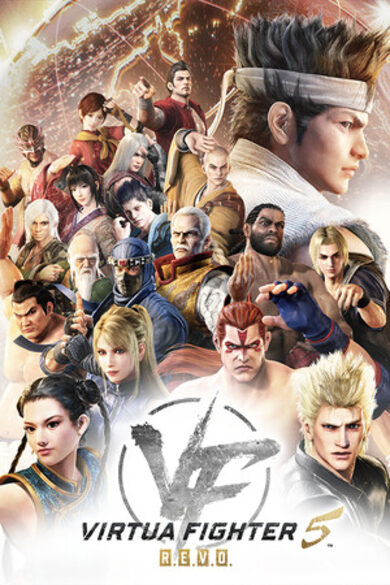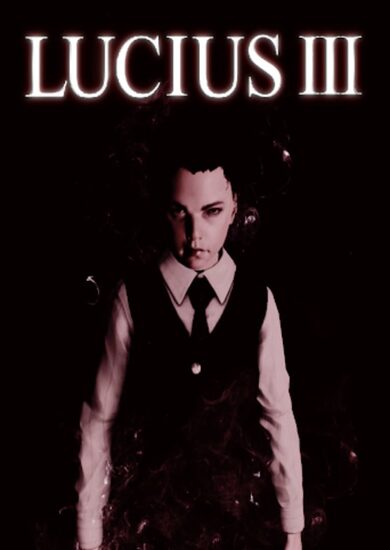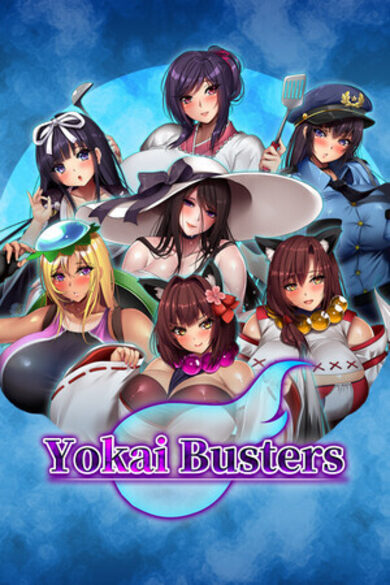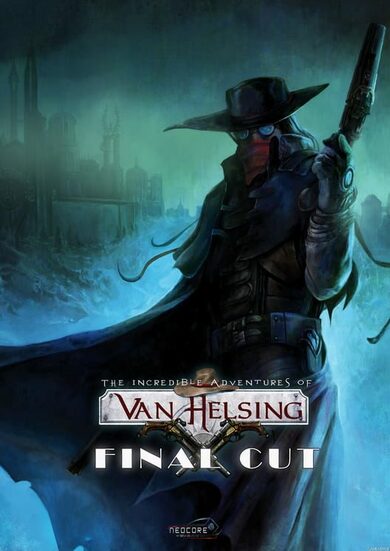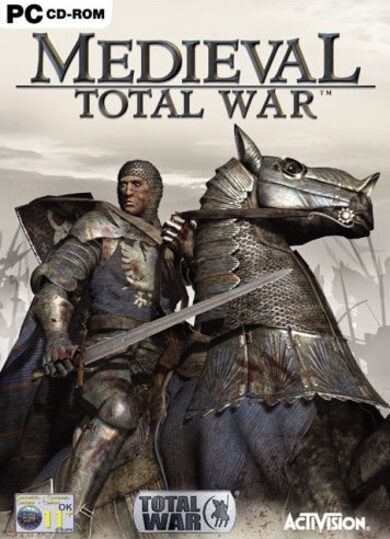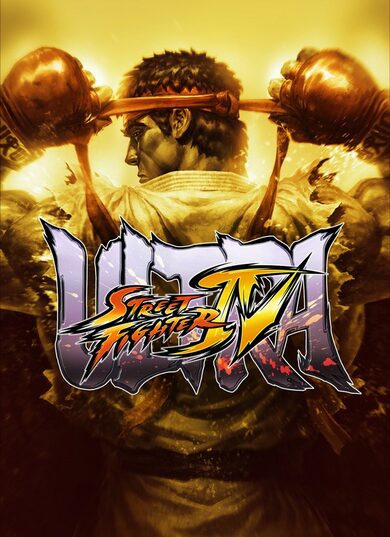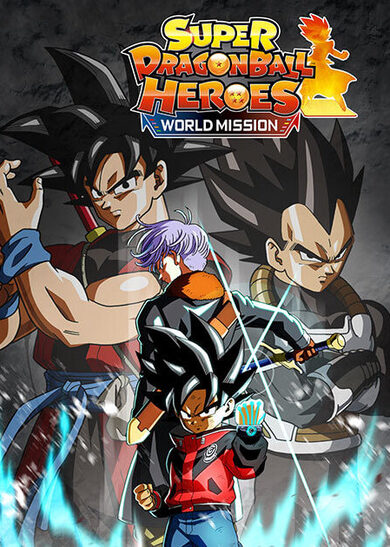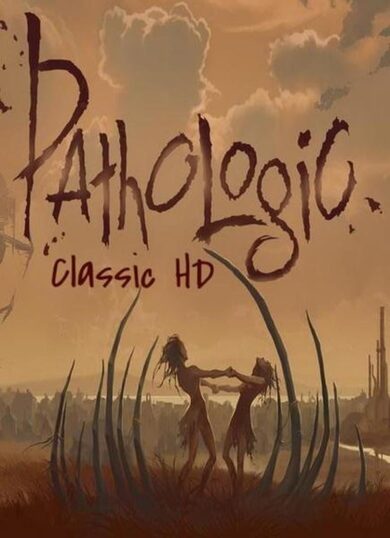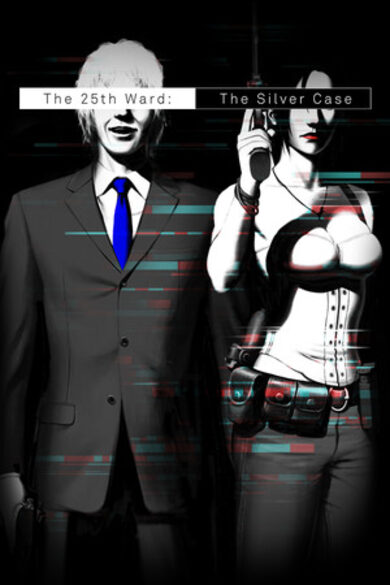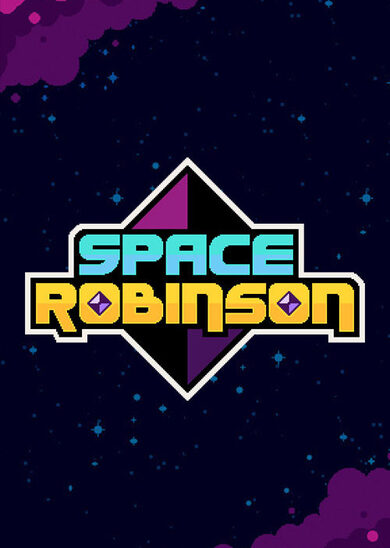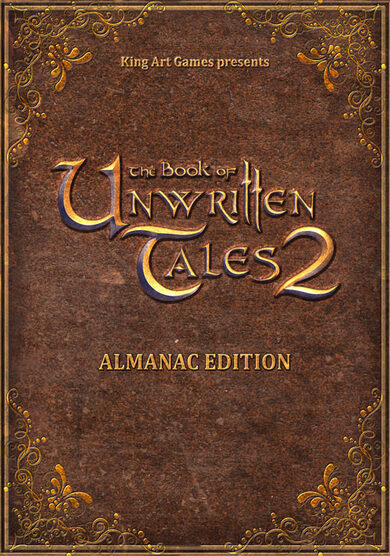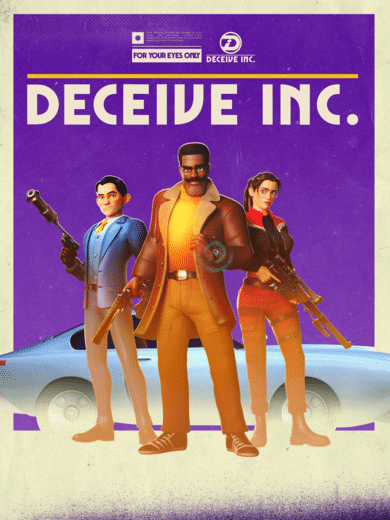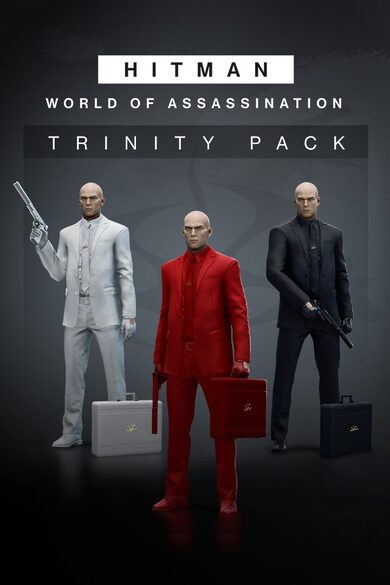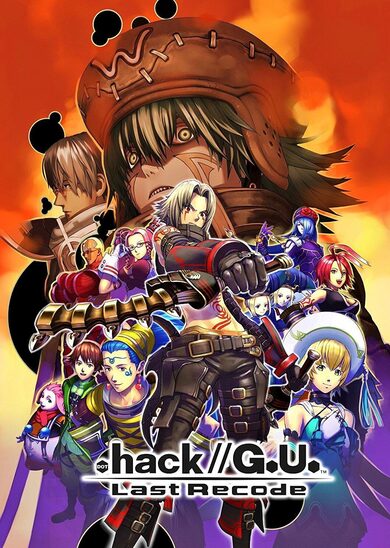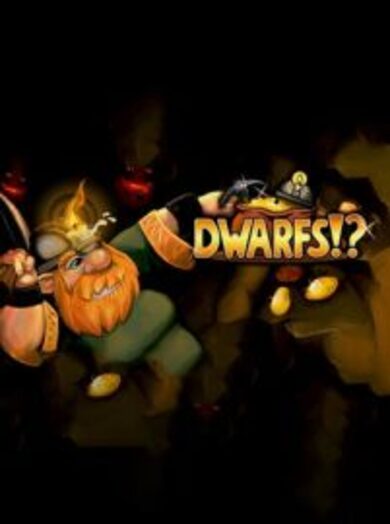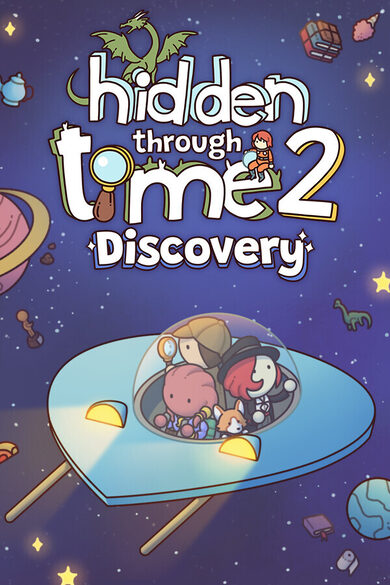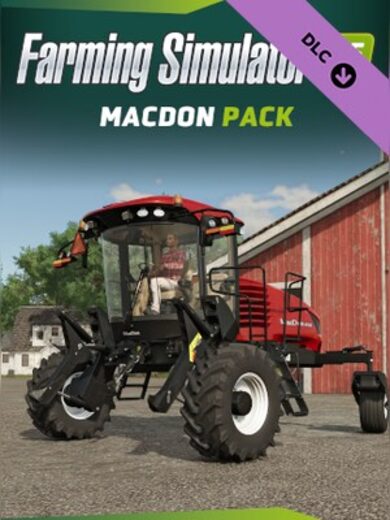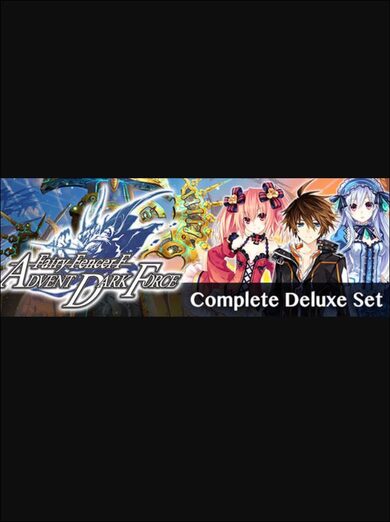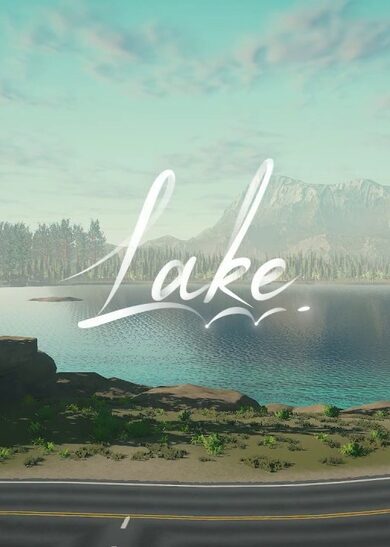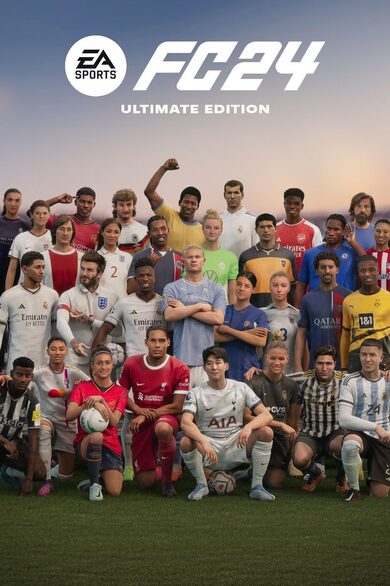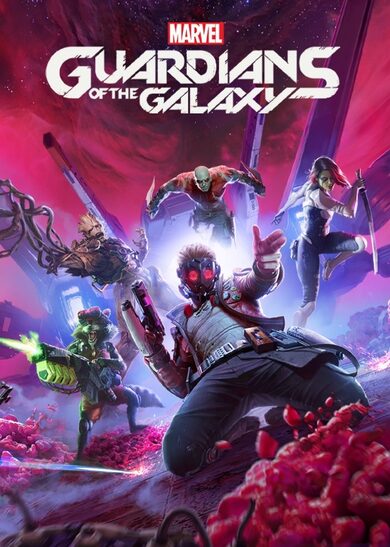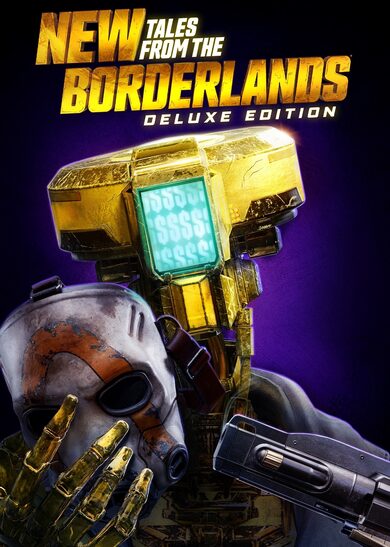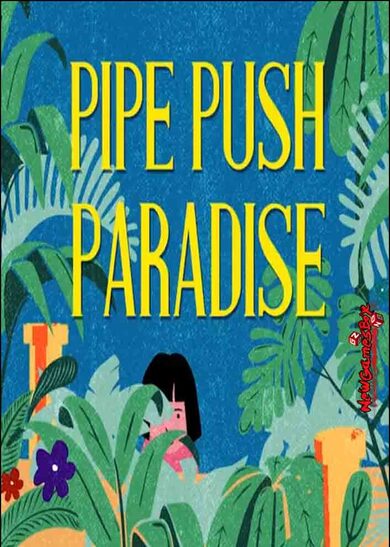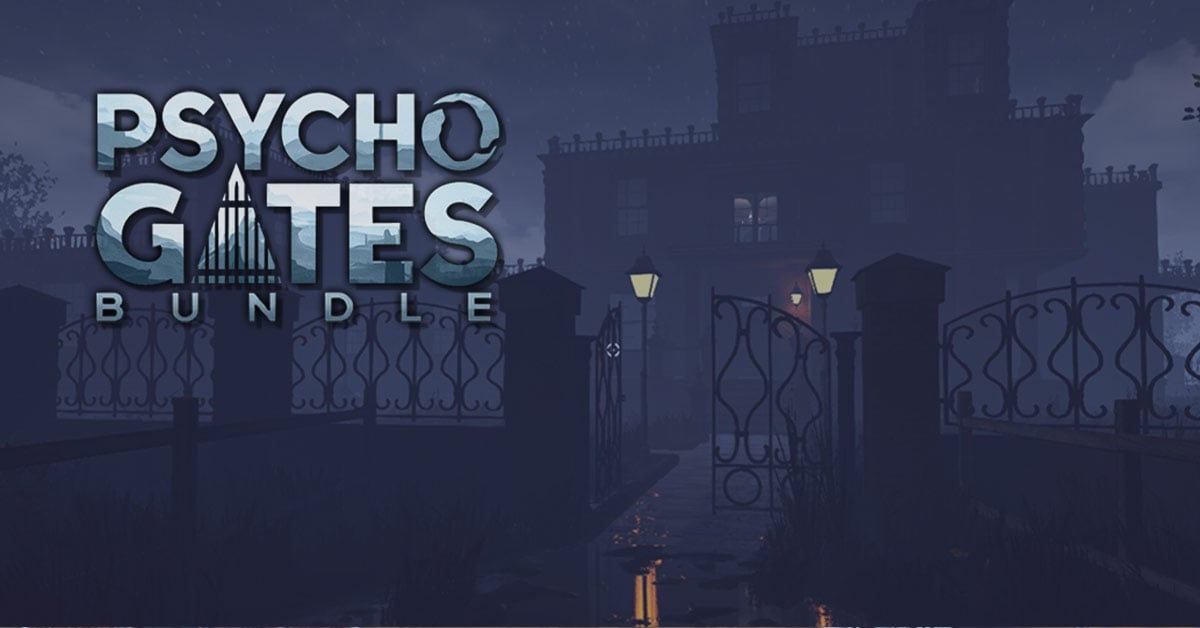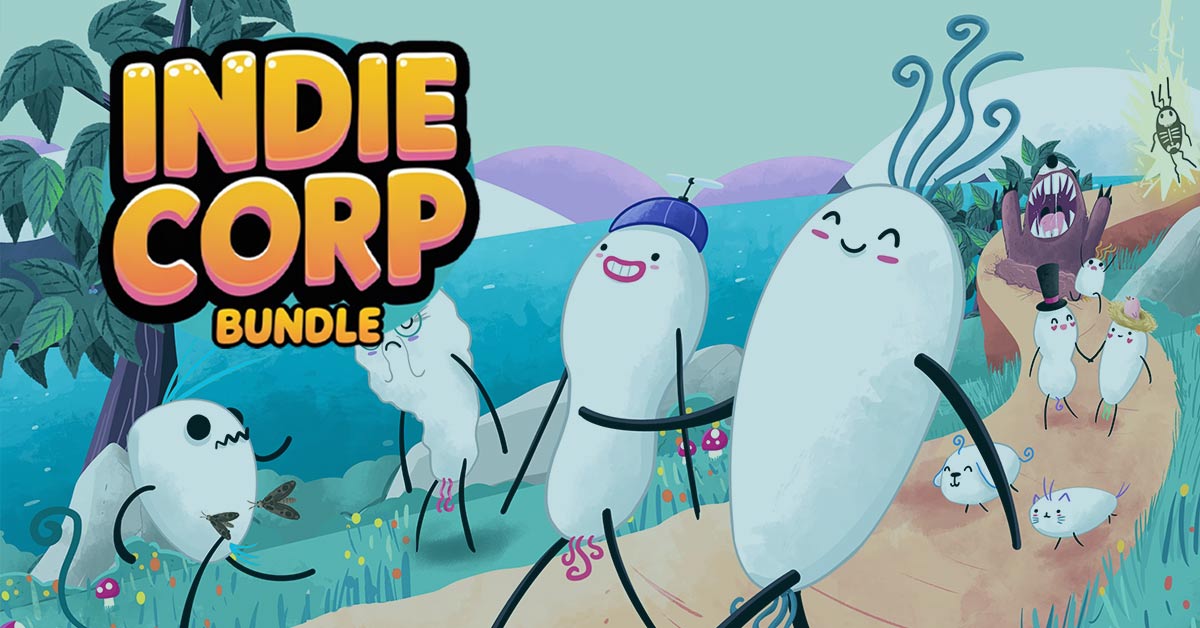
TFC is a classic base-building RTS inspired by the struggles of growth, advancement, and conquest in the cradle of civilization. Establish your village near fertile lands, and balance your food surplus against the size of your civilian and military might, as you build your village.
Food is responsible for more than just feeding your troops. It determines the rate your population grows, and how quickly you can gain Knowledge Points. Keeping your village fed will ensure your prosperous expansion, but allowing your farms to be compromised can bring even the strongest economies to their knees.
Inspired by the real history of the Near East Bronze Age era, TFC utilizes classic RTS elements while offering a unique perspective for the genre. Taking technological limitations and advancements into account, players will need to carefully consider how to spend their precious Knowledge Points, as they explore the Village Improvements that are designed to enable players to quickly counter an opponent’s strategy.

Strategic Options From The Beginning
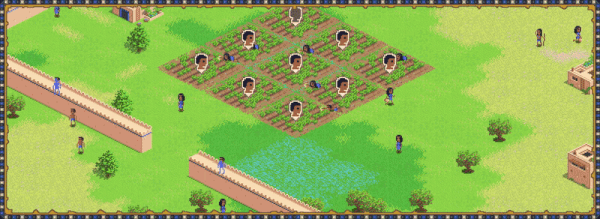
Heavily inspired by the giants of the genre, TFC looks to expand on the mechanics of its contemporaries in interesting ways, giving players multiple strategic actions to explore from the very beginning of a match. There are multiple paths to victory, and players can quickly adapt their strategy to respond to enemy actions. How well players leverage this freedom will determine whether they experience glorious victory, or crushing defeat.
Consequential Fertility Mechanic
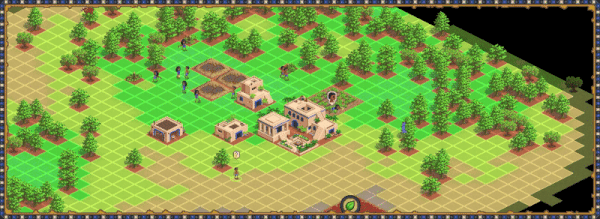
Food is the foundation of every successful village. Locate fertile ground and build your village around it to ensure that there is enough to sustain your growing population. Balancing your food surplus against your villagers and growing military is important, and protecting your farms is critical if you want to keep your village alive. Likewise there’s no better way to demoralize your opponents’ populations than by destroying their farms, and decimating their economy.
Advance Your Village
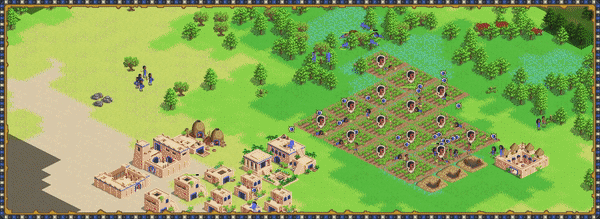
Increase the strength of your village as you explore Village Improvements. TFC features a collection of powerful improvements that allow commanders to spend points to quickly react to their enemy’s advancements, or perhaps create a window of opportunity to strike. With various ways to boost your economy and military, your strategic options are always clear to understand, and easy to implement.
Play Online With Up To 4 Players
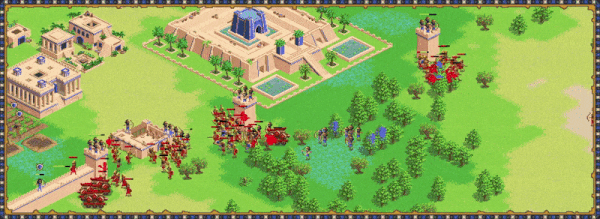
An AI can be quite the challenge, but nothing can replace a real player. Available at launch, battle it out with up to three other commanders in order to prove who is the best at managing their village, army and food supplies. Challenge your friends or complete strangers, and visit our Discord to find new rivals. May the most prosperous village win, or perhaps the smarter commander? Everything is in your hands!
DEVBLOG #3: Thoughts on the design of TFC
This month's DevBlog will be a sort of companion to that video, explaining some of our history with RTS games and some of the mechanics and aspects of TFC we think are cool. We hope you enjoy it!
TFC: The Fertile Crescent exists in a long lineage of great RTS games. Both Andr and I are big fans of the classics from the 90s and early 2000s, as well as the more contemporary ones that we share a market with today. For my own part, I have very fond memories of playing the Age of Empires demo that came with some computer magazine demo disc. At 7 years old, my friend and I would rush home to my place after school to play shee ha, which was the sound the game made when you got a new villager. For two Norwegian kids, Age of Empires was much too complicated a sentence for us to wrap our heads around.
Later, Id get a full copy of the game and spend hours in skirmish mode, building up the biggest army I could and taking down the CPU players, one by one. Or, I would create incredibly unfair scenarios in the scenario designer and fight the CPU that way. In any regard, I never played much of the competitive modes against other players as I wouldve gotten creamed immediately.

Andr enjoyed the multiplayer aspects more, spending a lot of time in the early 2000s with Warcraft 3, Command & Conquer: Generals - Zero Hour, The Lord of the Rings: Battle for Middle-earth 2, and of course, Age of Empires 2. It was around this time that the seeds of designing his own game were planted, and 10-15 years later it sprouted into the first concept for TFC. In that time, the classic RTS genre had been declared dead by some pockets of the industry. Pockets that perhaps were not noticing the indie space, where future classics like Northgard, Tooth and Tail and They are Billions were being developed. These more modern RTS games also quickly became favourites of Andrs, breathing life into what many saw as a dormant genre.
At the same time, Andr would pour over history books on the Near East Bronze Age, learning about the different civilizations, their customs and traditions, and about life in general in that area during that time. The details gleaned from those books have found their way into TFC in various ways. They have informed how we designed the mechanics surrounding the Palace building, and details like the fruit trees being pomegranate trees, which would have been one food source back then. Perhaps most obvious of all, it informed the push and pull between growing your village and army while maintaining a sufficient amount of food for your population, as well as how food sources functioned as a type of currency in Bronze Age civilizations, which has become integral to the game.
In Andrs own words: TFC is a sort of bucket where I have collected all the different things that I like from other RTS games, and the market research I have done in learning what other people like about RTS games, and then combined it with an era that I find very exciting. And so, it is in this context that TFC is being developed.
Considering all this, what are the goals of TFC? How is TFC looking to contribute to a genre, which in the last couple of years, has seen not only an awakening, but really an explosion of new upcoming titles.

As your village grows, so will your food needs, and staying on top of this is very important for how quickly you can advance your village. If you are able to keep your food stores well stocked, you will see benefits to both villager training and knowledge generation, both of which will lead to you getting an advantage against your opponent. On the other hand, if your food stock is too low for too long, your villagers will revolt and you lose the game.
Another result of this gameplay goal is that you can queue production of additional military units even while you cant afford them. This takes away the need to keep a close eye on your resources while youre waiting to train more axemen, for example. Instead, you just queue them up, and theyll automatically get trained as you are able to stock up more resources.
If you have decided to not go for an early rush, youll likely be planning on building the Palace, which will give you access to more advanced technologies and military units. Just like with the Village Centre, where you chose to place the Palace is a strategic concern, since as mentioned, the Palace will also buff your villagers combat abilities the same way the Town Centre does, as long as you have unlocked the Militia upgrade.

We have also designed the knowledge accumulation so that you earn points that you can save up. When you decide to research a technology, and as you spend your knowledge points, the technologies you unlock come into effect immediately. This means that you can adapt and respond to your enemy quickly. During an unexpected attack you can for example upgrade your villagers to become militia immediately, in order to defend your base more efficiently. Or perhaps you have a strategy ready but are unsure of the state of your enemy. By sending a scout to their base, you can quickly assess what kinds of defenses they have, and then proceed to upgrade the appropriate units and launch an attack.
These are just some examples of our gameplay goals and how we have attempted to answer them in the design of TFC. We hope this helps give you a sense of what we are trying to achieve with TFC, and perhaps even deepen your understanding of how to play it!
By the way, big "thank you" for this fantasic YouTube creators who believed in our project: If you have any questions or comments, feel free to contact us either through the Discord bit.ly/TFC_Discord or via email boss@minibossaudio.com
Thanks for reading and well see you in the next DevBlog!
-Anders
1.5 years ago we released the Beginners Guide video for TFC to serve as an introduction to the game, while we were still working on the in-game tutorial. That, and our announcement video for when we put online multiplayer in the game, were the only two videos we had made about TFC. Therefore, we thought it was about time we did another. SO! Last month we released the creatively named Development Update video showing off some of the improvements and progress weve made since the Beginners Guide.
Our love for classic RTS games
This month's DevBlog will be a sort of companion to that video, explaining some of our history with RTS games and some of the mechanics and aspects of TFC we think are cool. We hope you enjoy it!
TFC: The Fertile Crescent exists in a long lineage of great RTS games. Both Andr and I are big fans of the classics from the 90s and early 2000s, as well as the more contemporary ones that we share a market with today. For my own part, I have very fond memories of playing the Age of Empires demo that came with some computer magazine demo disc. At 7 years old, my friend and I would rush home to my place after school to play shee ha, which was the sound the game made when you got a new villager. For two Norwegian kids, Age of Empires was much too complicated a sentence for us to wrap our heads around.
Later, Id get a full copy of the game and spend hours in skirmish mode, building up the biggest army I could and taking down the CPU players, one by one. Or, I would create incredibly unfair scenarios in the scenario designer and fight the CPU that way. In any regard, I never played much of the competitive modes against other players as I wouldve gotten creamed immediately.

Andr enjoyed the multiplayer aspects more, spending a lot of time in the early 2000s with Warcraft 3, Command & Conquer: Generals - Zero Hour, The Lord of the Rings: Battle for Middle-earth 2, and of course, Age of Empires 2. It was around this time that the seeds of designing his own game were planted, and 10-15 years later it sprouted into the first concept for TFC. In that time, the classic RTS genre had been declared dead by some pockets of the industry. Pockets that perhaps were not noticing the indie space, where future classics like Northgard, Tooth and Tail and They are Billions were being developed. These more modern RTS games also quickly became favourites of Andrs, breathing life into what many saw as a dormant genre.
Its all about pomegranate trees
At the same time, Andr would pour over history books on the Near East Bronze Age, learning about the different civilizations, their customs and traditions, and about life in general in that area during that time. The details gleaned from those books have found their way into TFC in various ways. They have informed how we designed the mechanics surrounding the Palace building, and details like the fruit trees being pomegranate trees, which would have been one food source back then. Perhaps most obvious of all, it informed the push and pull between growing your village and army while maintaining a sufficient amount of food for your population, as well as how food sources functioned as a type of currency in Bronze Age civilizations, which has become integral to the game.
In Andrs own words: TFC is a sort of bucket where I have collected all the different things that I like from other RTS games, and the market research I have done in learning what other people like about RTS games, and then combined it with an era that I find very exciting. And so, it is in this context that TFC is being developed.
Considering all this, what are the goals of TFC? How is TFC looking to contribute to a genre, which in the last couple of years, has seen not only an awakening, but really an explosion of new upcoming titles.
Strategic options from the beginning
One of our main concerns with classic base-building RTS games has been the slow and repetitive start. Often the first few minutes of a match are played almost on autopilot, and so there are a few designs we have implemented to attempt to address this. The first important decision you make is where to place your town centre. Already here, there is a chance to optimize your strategy, finding a spot that is close to future farms, current fruit trees and with quick access to clay pits. From there, we have an almost flat Technology Tree, where you get a lot of options to specialise in different directions from the beginning of the game, and you can also quickly level up military units that can potentially ruin the early game for your competitor.
Survival and food stores
The soil fertility and food surplus mechanic go hand in hand, and are probably one of the most obvious different aspects of TFC compared to other fast-paced RTS games. By implementing soil fertility, the player needs to take the environment into consideration and plan ahead when building their base. Farms built on less fertile ground will yield less crops. The most fertile land is also the only place where you can build clay pits, and so youll have to consider this as well. This can make the process of base-building more interesting and a bit more demanding, and ties nicely into the food surplus mechanic.As your village grows, so will your food needs, and staying on top of this is very important for how quickly you can advance your village. If you are able to keep your food stores well stocked, you will see benefits to both villager training and knowledge generation, both of which will lead to you getting an advantage against your opponent. On the other hand, if your food stock is too low for too long, your villagers will revolt and you lose the game.

Removing busy work and friction
In the same vein, it was an early decision to have automatic villager training in TFC. As with most RTS games with an economy aspect, the more villagers you have, the more resources you can collect. This means that as soon as you are behind on the number of villagers compared to your opponent, you are at a disadvantage. So by removing the busywork of manually generating villagers, the player can focus on more fun aspects of the game, like balancing the different resources and making strategic decisions.Another result of this gameplay goal is that you can queue production of additional military units even while you cant afford them. This takes away the need to keep a close eye on your resources while youre waiting to train more axemen, for example. Instead, you just queue them up, and theyll automatically get trained as you are able to stock up more resources.
Several viable strategies and a focus on base design
With the automatic villager production, we think it is important to make sure they are useful outside of just gathering resources, and so we have made them fairly capable in fights, too! Especially during the early-game, the villagers can hold their own in certain scenarios. As the game progresses, you can decide to start producing military units and upgrade them, or you can use the Militia upgrade in the tech tree to make the villagers even more effective in combat, as long as they are within a certain distance of your Town Centre or Palace. This means that you can access effective defences, while also saving up resources and research points for a more demanding strategy later in the game.If you have decided to not go for an early rush, youll likely be planning on building the Palace, which will give you access to more advanced technologies and military units. Just like with the Village Centre, where you chose to place the Palace is a strategic concern, since as mentioned, the Palace will also buff your villagers combat abilities the same way the Town Centre does, as long as you have unlocked the Militia upgrade.

We have also designed the knowledge accumulation so that you earn points that you can save up. When you decide to research a technology, and as you spend your knowledge points, the technologies you unlock come into effect immediately. This means that you can adapt and respond to your enemy quickly. During an unexpected attack you can for example upgrade your villagers to become militia immediately, in order to defend your base more efficiently. Or perhaps you have a strategy ready but are unsure of the state of your enemy. By sending a scout to their base, you can quickly assess what kinds of defenses they have, and then proceed to upgrade the appropriate units and launch an attack.
These are just some examples of our gameplay goals and how we have attempted to answer them in the design of TFC. We hope this helps give you a sense of what we are trying to achieve with TFC, and perhaps even deepen your understanding of how to play it!
By the way, big "thank you" for this fantasic YouTube creators who believed in our project: If you have any questions or comments, feel free to contact us either through the Discord bit.ly/TFC_Discord or via email boss@minibossaudio.com
Thanks for reading and well see you in the next DevBlog!
-Anders
[ 2021-12-15 15:00:31 CET ] [Original Post]
Minimum Setup
- OS: Ubuntu 10 or later
- Processor: Intel Dual Core or AMD equivalentMemory: 2 GB RAMNetwork: Broadband Internet connectionStorage: 200 MB available space
- Memory: 2 GB RAMNetwork: Broadband Internet connectionStorage: 200 MB available space
- Storage: 200 MB available space
GAMEBILLET
[ 6395 ]
FANATICAL
[ 5907 ]
GAMERSGATE
[ 2907 ]
MacGameStore
[ 2497 ]
INDIEGALA
[ 1732 ]
LOADED
[ 1040 ]
ENEBA
[ 32822 ]
Green Man Gaming Deals
[ 867 ]
AllKeyShop
[ 45559 ]
FANATICAL BUNDLES
GMG BUNDLES
HUMBLE BUNDLES
INDIEGALA BUNDLES
by buying games/dlcs from affiliate links you are supporting tuxDB

